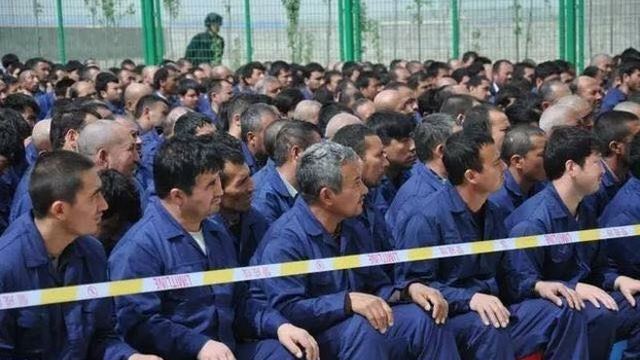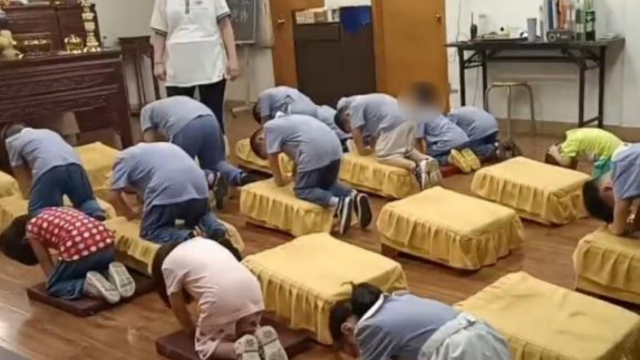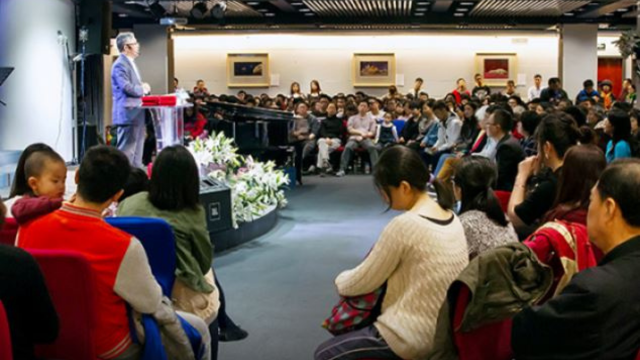
Abdulahad Mahsum was a prominent Uyghur religious figure who died in 2018 while detained at one of the vast system of internment camps in northwest China’s Xinjiang Uyghur Autonomous Region (XUAR) where authorities are believed to have held up to 1.8 million Uyghurs and other Muslim minorities since April 2017. He had been placed in the camp in 2017 at the age of 87, reportedly for refusing to host a Han Chinese “relative,” who Muslim—and particularly Uyghur—families in the XUAR have been required to invite into their homes and provide with information about their lives and political views, while also being subjected to political indoctrination. Mahsum, who was also known as Abdulahad Hajim because he had traveled to the holy Muslim site of Mecca, was well-known for his involvement in religious work and reportedly rode a bicycle from village to village in his home prefecture of Hotan (in Chinese, Hetian), teaching children.
The 2017 detention marked Mahsum’s fifth, and his Istanbul-based relatives recently published a verdict issued on April 12, 2004 by the Hotan Prefectural Intermediate People’s Court stemming from his fourth arrest in January that year, sentencing him to five years in prison for “publishing illegal religious teaching materials” and “storing Arabic books at home for the sake of inciting his family.” He had also been detained at the age of four or five, along with his entire family, which included his uncle Muhammad Imin Bughra—a well-known historical figure and a national leader—and his father, Barat Damollam, who was executed in prison by authorities during the 1933-44 rule of Xinjiang by Chinese warlord Sheng Shicai. Additionally, Mahsum was sentenced to 12 years in prison for “religious crimes” in 1958 and placed in a labor camp for two years because an official in his home village in Hotan’s Qaraqash (Moyu) county) wouldn’t allow him to return following his release.
RFA’s Uyghur Service recently spoke about Mahsum with several of his former students and friends who are living in exile around the world, as well as members of his family who acknowledged that he had lived a difficult life but said he “chose this path for himself.”
A relative in Turkey who declined to be named:
Hajim was the type of person who gave love to everyone he knew, who was close with everyone. He was the type of person who treated people well no matter what people needed, who took on their pain … Hajim said it all in his own journals; we know it from there. [He] was a lifeline for the religious and national existence of our homeland. Losing him has been an attack on our people.
Abduhelil Turan of the Teklimakan Uyghur Publishing House (Teklimakan Uyghur Neshriyati) in Turkey:
After he got out of prison [in the 1970s], he still wasn’t able to live a peaceful life. One of the things that made him special was that he was so well known among the people of Hotan and [the XUAR] for being one of the greatest religious scholars, for making a great number of contributions to [religious] education. He was also engaged in translation and writing, as well. We could say that he was one of the greatest religious scholars of his time.
Abdurehim Dolet, a Ph.D. student in history at Selcuk University in Turkey:
I think the reason they detained Abdulahad Hajim again in 2017 was this: If we look at the way that he lived his life, Mahsum Hajim had become a spiritual symbol, particularly among the people in Hotan. He had become a spiritual leader. In my opinion, the reason for China’s oppression since 2013 has been to completely cut the Uyghurs off from their spiritual life. And so first, they had to destroy and disappear the people that Uyghurs most respect—the people that they most respect in their hearts, the people who symbolized something—in order to bring about an end to our entire people, spiritually speaking. They want to completely demoralize us. They want to make us feel hopeless.
Sirajidin Eziz, a student in Saudi Arabia:
Abdulahad Mahsum’s life in the homeland was completely different from the life of a regular religious scholar, a regular person. No matter whether in his studies, his teaching, or his regular work, he did so much of his work under the oppression of the Chinese colonizers, under 24/7 surveillance … He taught the children of the people around him, he taught the descendants in his family, he spread the faith to people around him, he explained the truth, he [told people about] the things that were happening in their homeland at the time and about his uncle Muhammad Imin Bughra’s movement for independence [of the Uyghur homeland].
At the same time … he was also good at understanding people’s problems and arming them with all sorts of knowledge, like how to be level-headed, how to do good work, how to avoid making mistakes or being too emotional by being aware of social trends and the political situation, how not to do harm. He taught many people of [our] nation and gave them important knowledge, whether from the perspective of religion or nationhood or human morality. He put everything into this. We could say that he was a remarkable figure.
Reported by Nuriman for RFA’s Uyghur Service. Translated by Elise Anderson. Written in English by Joshua Lipes.
Source: Copyright © 1998-2016, RFA. Used with the permission of Radio Free Asia, 2025 M St. NW, Suite 300, Washington DC 20036. https://www.rfa.org.












